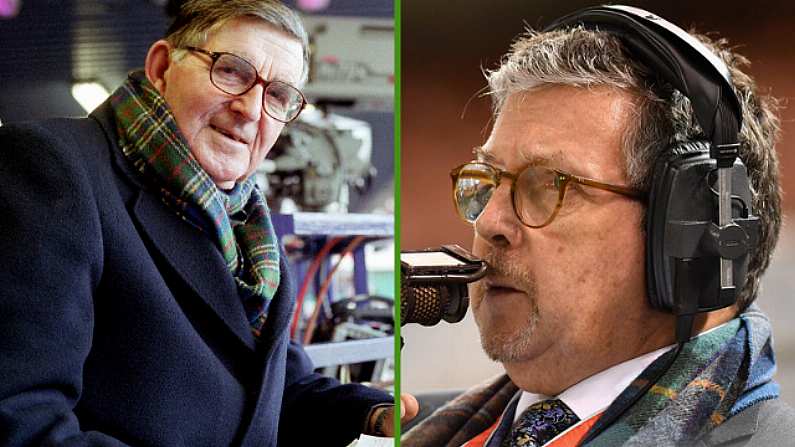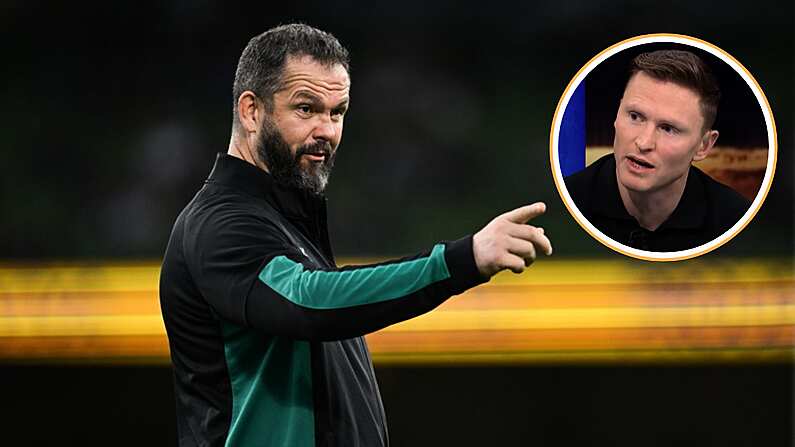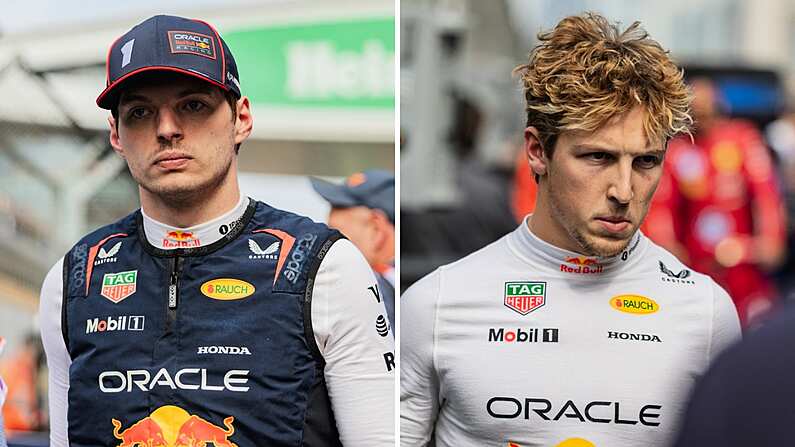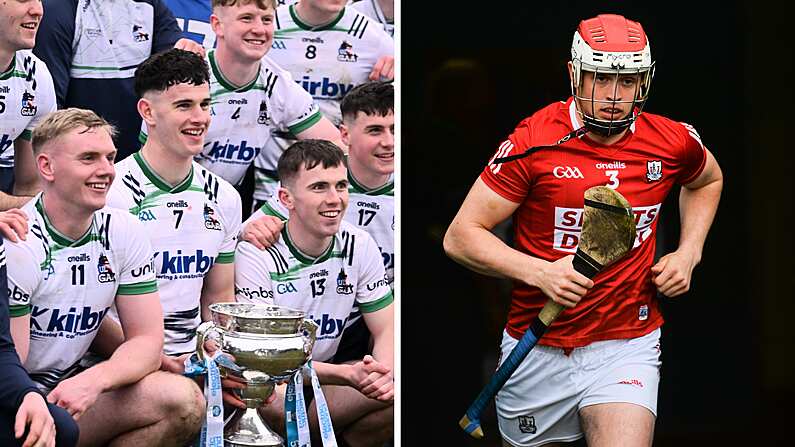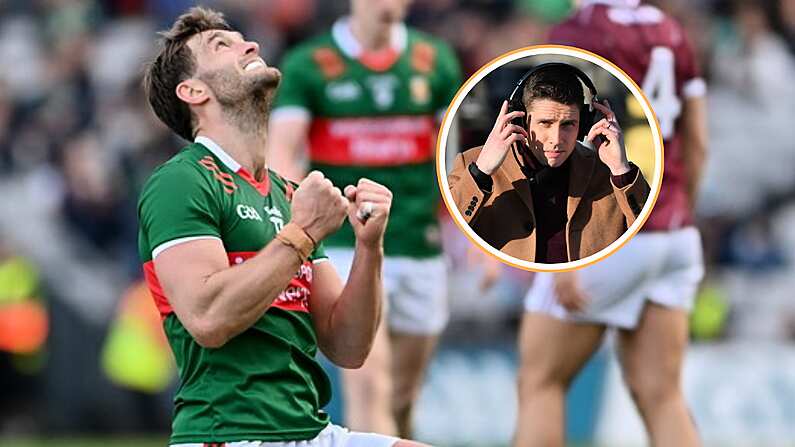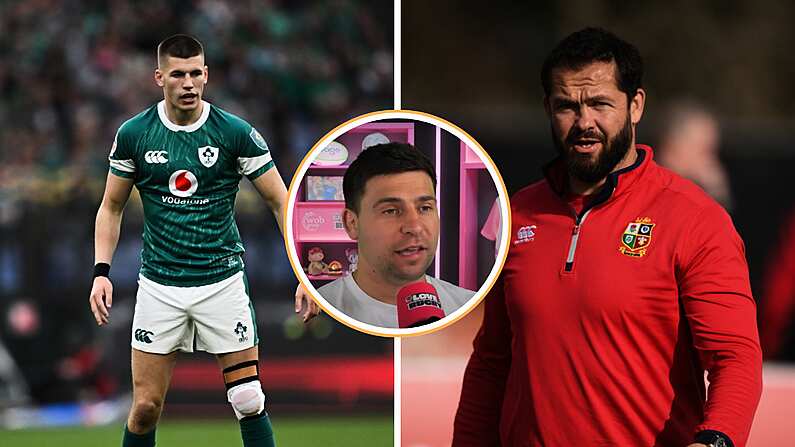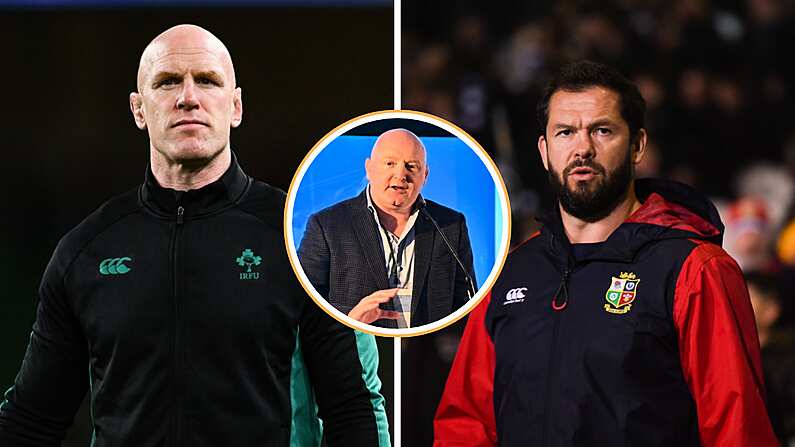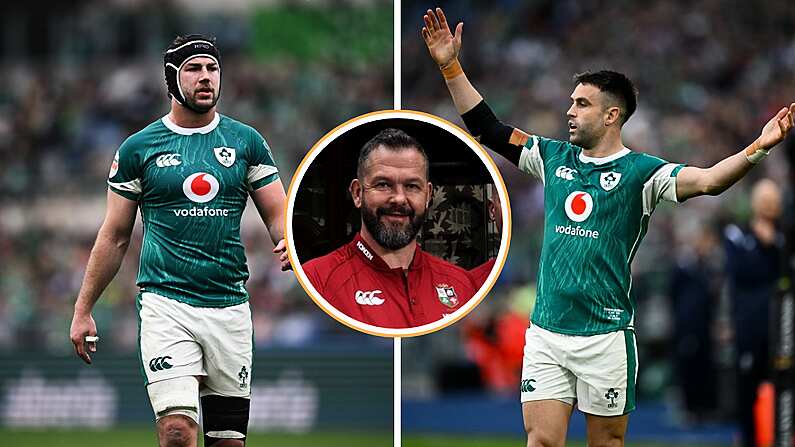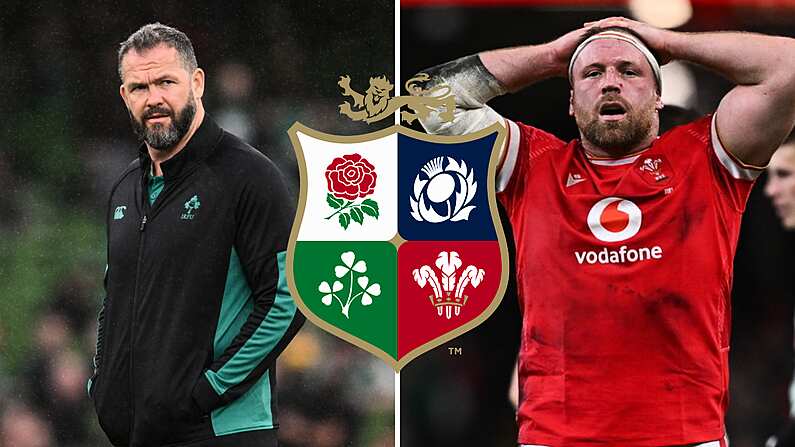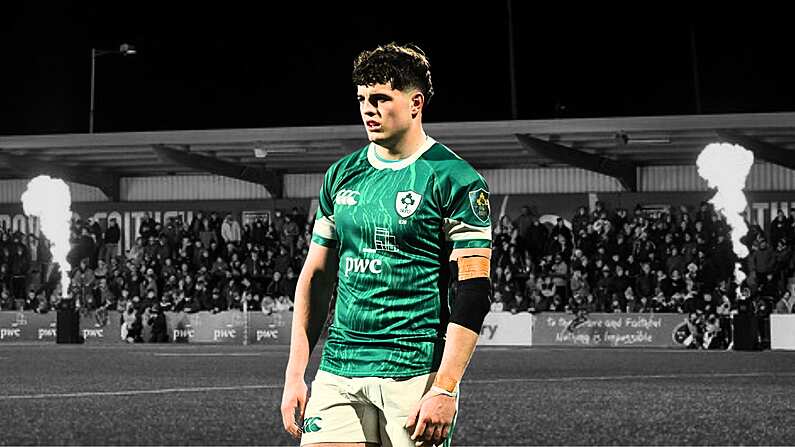George Hamilton has released his autobiography ‘The Nation Holds Its Breath’ just in time for Christmas and there’s no doubt there are some great stories in it.
Many will wonder how Hamilton became the recognised voice for some of the greatest Irish sporting moments in history. Well, it’s a bit of an unconventional one.
Speaking to RTÉ colleague Marty Whelan on Lyric FM earlier this week - he talked about his love for football growing up and how he was a bit hesitant to cover anything else.
Nonetheless - Hamilton was determined to get a foot in the door somewhere and an opportunity presented itself at the British Broadcasting Corporation (BBC).
"Argentina - a country that gets its name from the Latin for silver - it's produced many, many star footballers, but Diego Maradona - he was pure gold" - RTÉ Soccer Commentator, George Hamilton | https://t.co/r8Anx861yX pic.twitter.com/BVRm6ucfWQ
— RTÉ News (@rtenews) November 25, 2020
The Belfast man’s Aunt was working for the BBC at the time and helped him get a chance. “I approached my aunt.. she was well up the tree. She was a pretty stern lady and I didn't know quite where this would go,” he said.
“She came back to me with a very decent answer. 'Well, I can arrange an interview for you but after this, you're on your own.’”
Hamilton had word back within ten days and was assigned a rugby match. But it wasn’t your typical rugby match. It was Ireland vs England.
“I thought I was going to be on the air - this was going to be my debut,” he claimed. “But in actual fact I wasn’t on the air.”
He explained the next set of events and finding out how his commentary debut was delayed:
My commentary was going straight from Twickenham to Broadcasting House in the Westend of London and to the fourth floor there, wherein a spartan office, Cliff Morgan no less, the great rugby commentator, the great rugby player in his day and he once played for Bective Rangers during a spell in Dublin. Cliff was the head of Radio Sport.
And Cliff was in his office with his feet up on the desk, a television on the wall and earphones on and listening to my commentary. After the game Joy took me to Broadcasting House to meet Cliff who gave me his critique of my commentary and the pointers as to how to do it right. Obviously, I passed the test because the next round of matches was Ireland against Scotland at Lansdowne Road and I got that gig. That was the start of it!
While we know Hamilton now for being a bit of a commentary swiss army knife, back then he was still learning the ropes, especially about the ways of rugby play by play.
There was no better man to learn from than Bill McClaren as far as rugby is concerned and Hamilton was lucky enough to take a lesson under his learning tree before his first match.
After staying in the Shelbourne Hotel and making his way to Trinity College to watch the Scotland team train - George had a chance meeting with commentary royalty:
There was this tall figure in his trademark white Gabardine raincoat. Bill anyway was introduced to me and he said, ‘Oh you're doing your first commentary tomorrow?’, and I said, ‘Yes, yes I am actually.’ He said, ‘Well, come here, come here and we'll have a bit of a chat.’ He excused himself to the people he was with and marched me up the touchline where it was just the pair of us standing there looking at these Scots training on the pitch.
He said the first thing you must do is identify the player by what he looks like, not by the number on his back. Because they won't always be obliging enough to turn the number around. And he pointed out the two centres, Jim Renwick and Ian McGeechan, and he said, ‘Renwick is the little baldy one and McGeechan is the one with the hair.’ And then he pulled from his pocket this thing that looked like an envelope and it was four A4 pages stuck together covered in the most ... shall we say bits and pieces, facts and figures, colour coded, every last little nugget.
It was his homework. And he showed it to me and I said, ‘That’s amazing! It's a work of art! How will you ever use all that material?’ He said, ‘I won't. I'll only use about 5 per cent of it. But I won't know which 95 per cent to junk until the game is over!’
*This* is why Bill McLaren was known as the voice of rugby... 🏉🎙️ pic.twitter.com/42egMWk6o8
— Six Nations (FR) (@SixNations_FR) January 19, 2017

